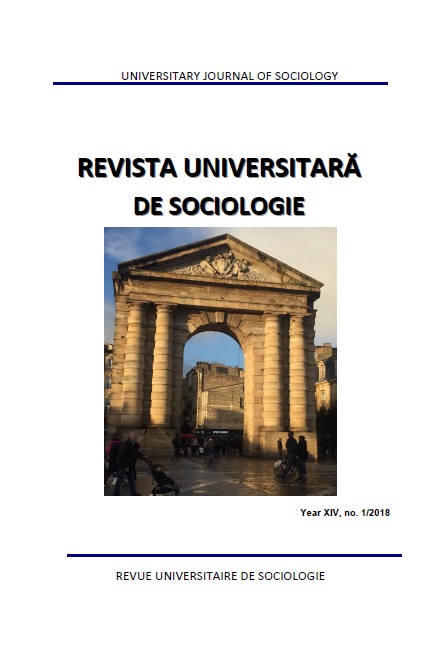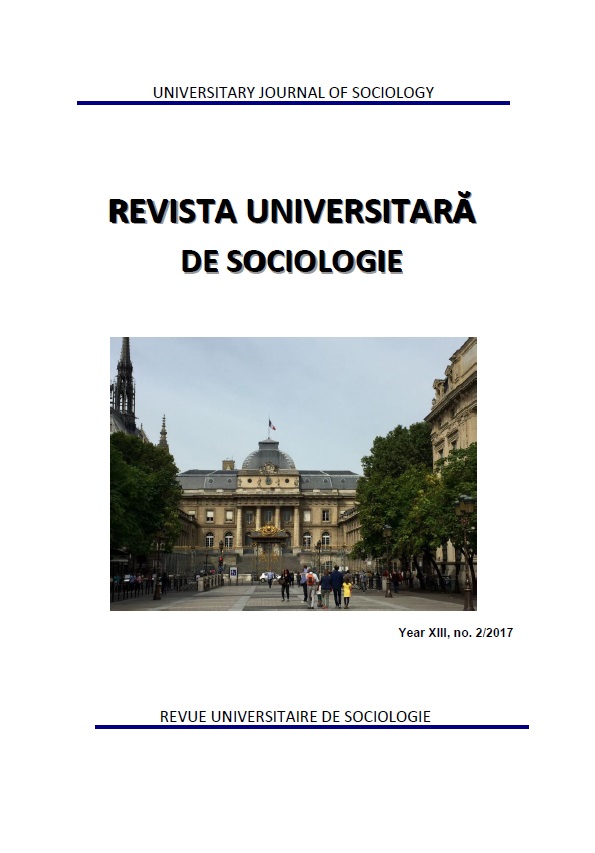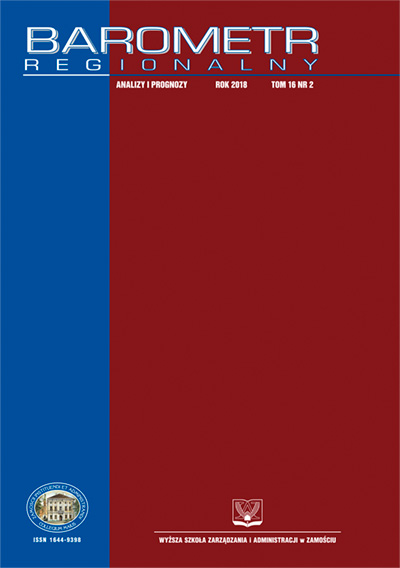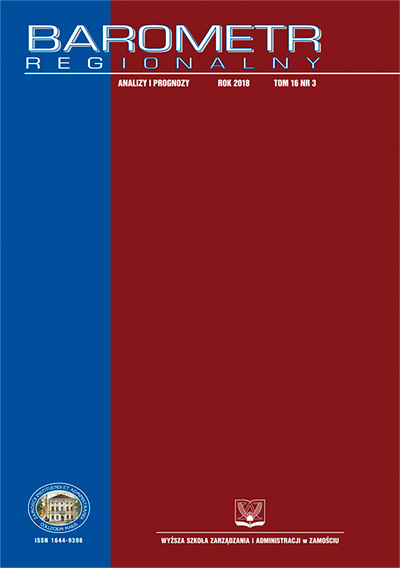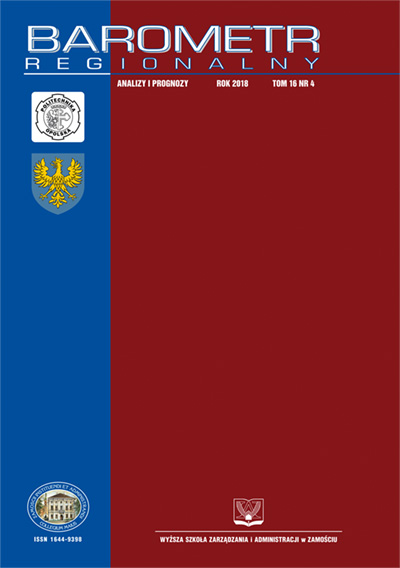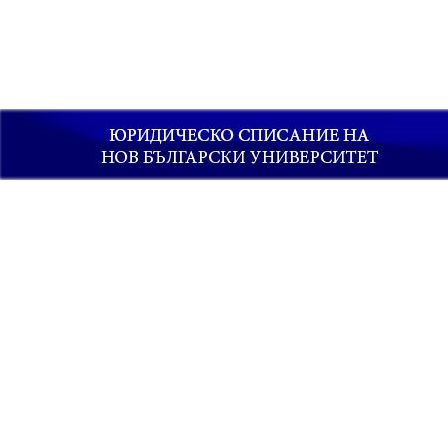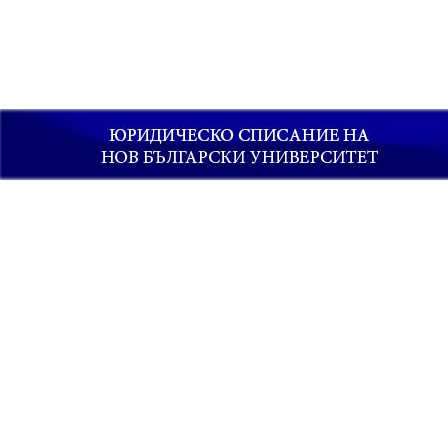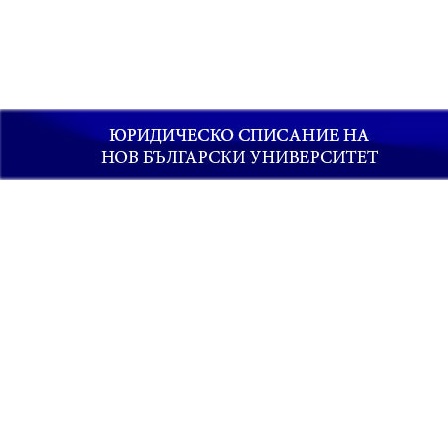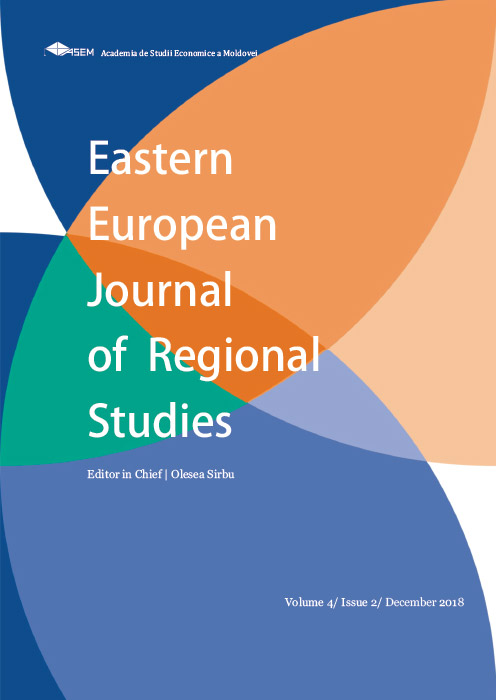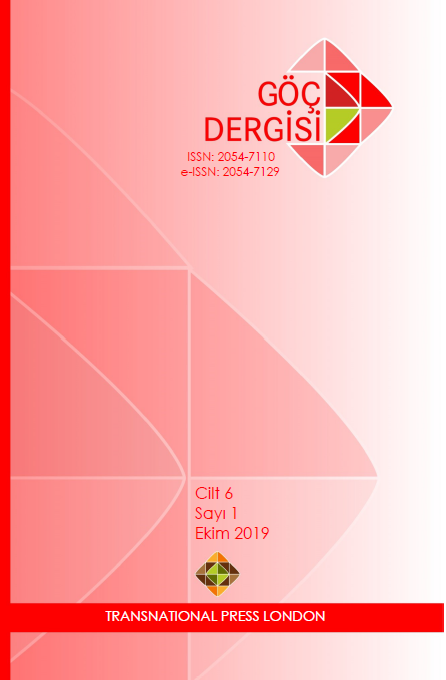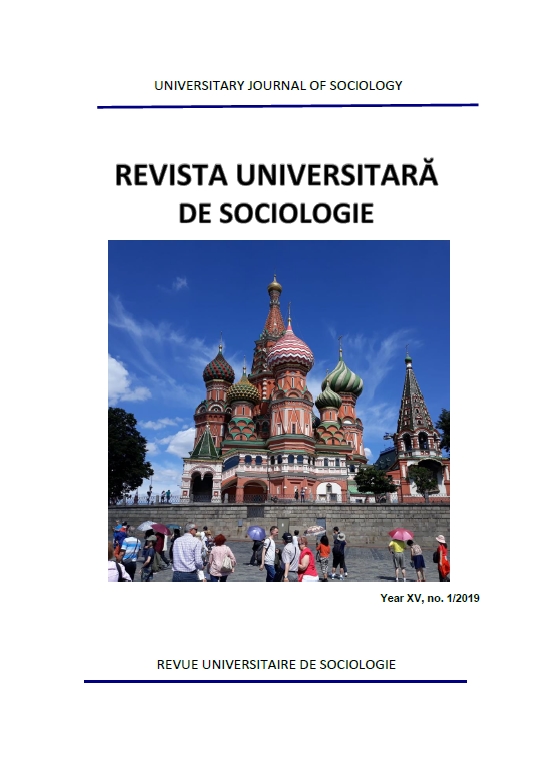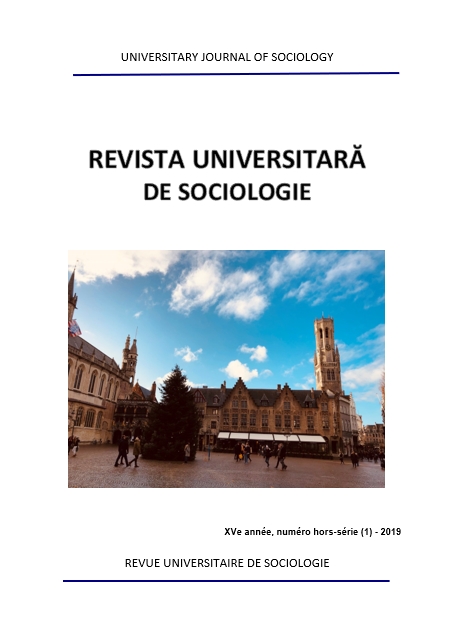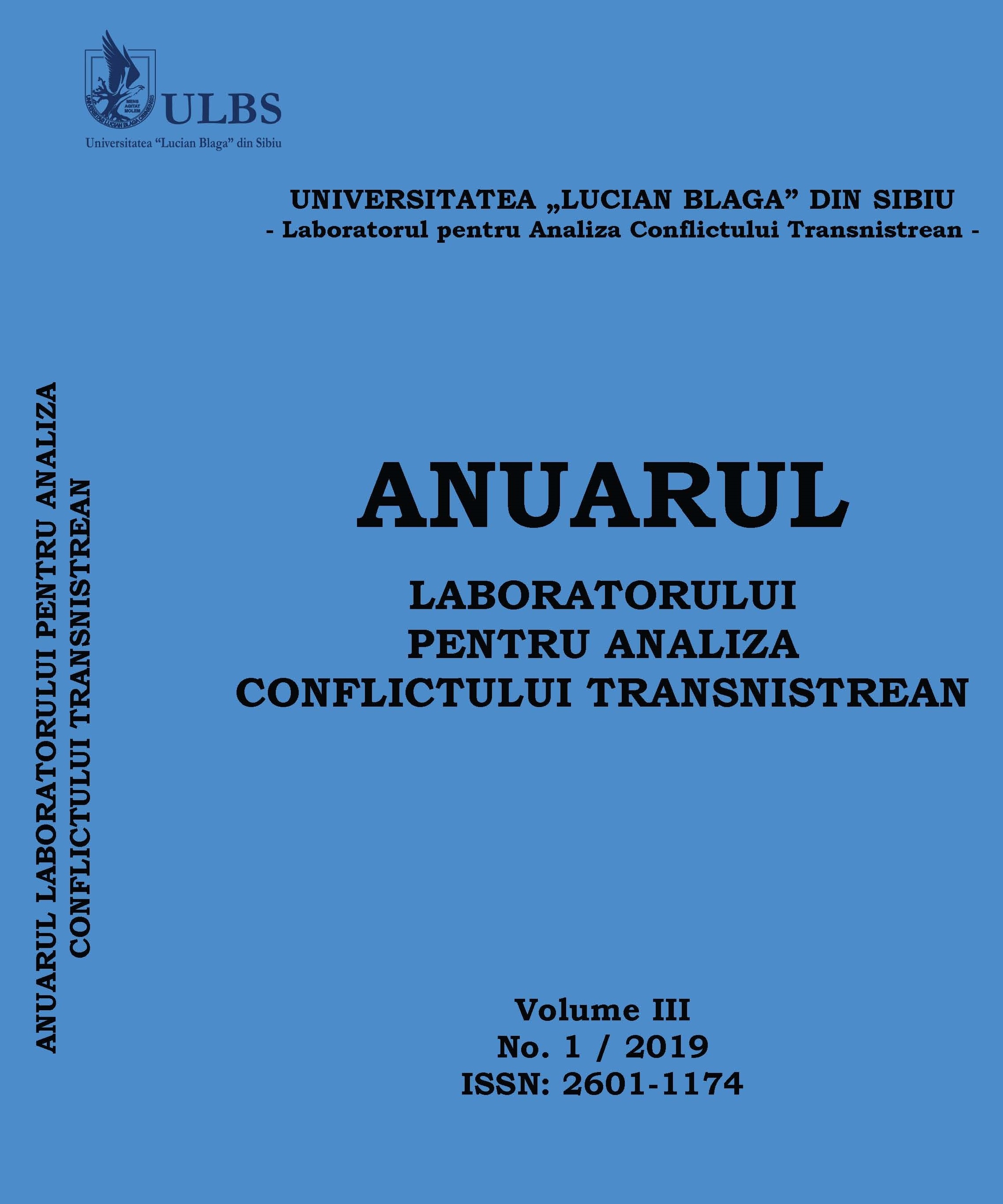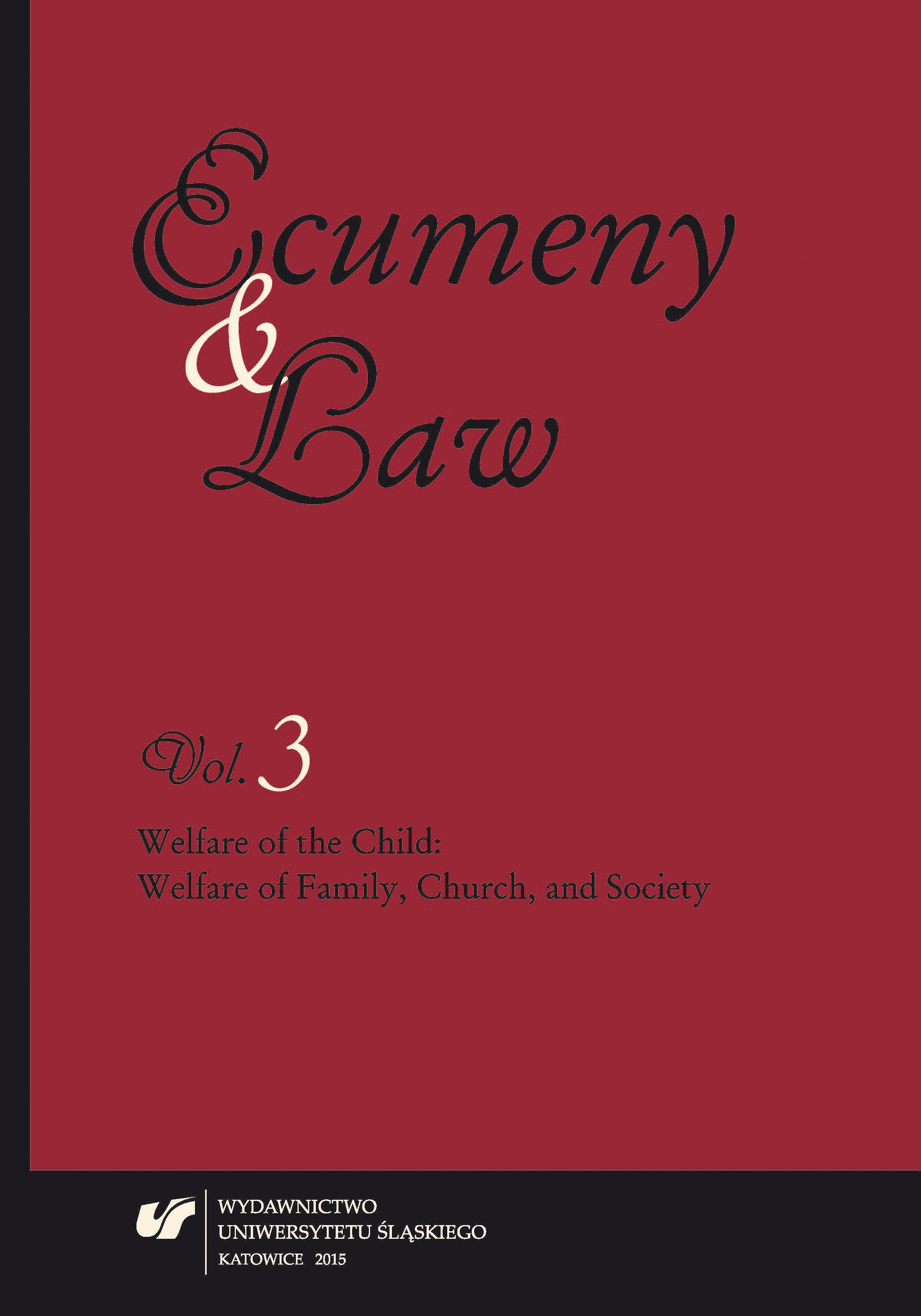
The Good of the Child — the Good of the Family, the Church and Society
The article entitled “The Good of the Child — the Good of the Family, the Church and Society” deals with the fact that reminds people for many centuries that the child is a good in three aspects: for the family, the Church and society. The family is the first and irreplaceable form of human community. In the family, every person learns to love and to form him- or herself through moral-ethical education in harmonic relationship with other people. These are rational reasons why we should protect the traditional family against marginalization and interventions from government and state administration. Parents have a right to educate their own children and children have a right to have both parents — mother and father. In the Churche very child is a gift from God and living limb of Christ’s mystical body, therefore the Church has a duty to protect human life from conception to natural death. The child needs society and society needs children in order to function and have a future. Thus, the article stresses three convictions: human dignity is inviolable and sacred; with every person comes God’s blessing into the world; any attempt to separate man from God is the most tragic mistake of modern people.
More...
